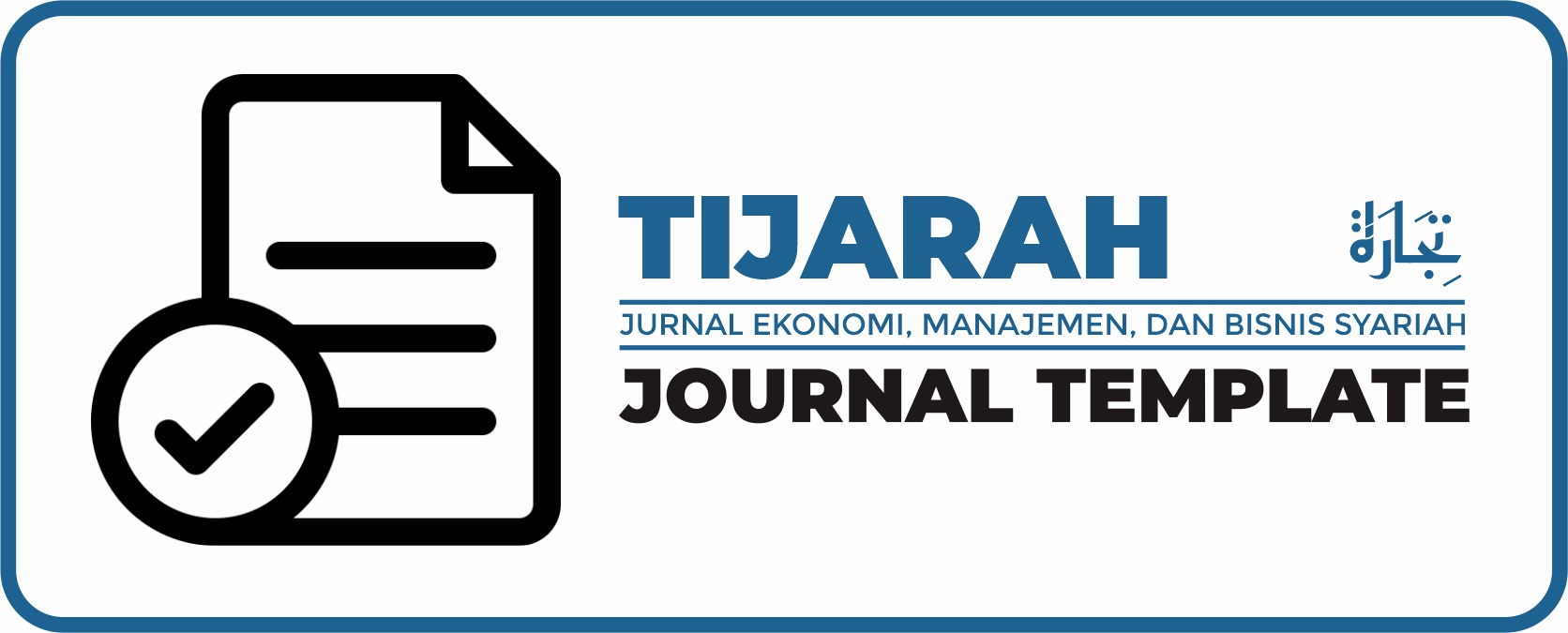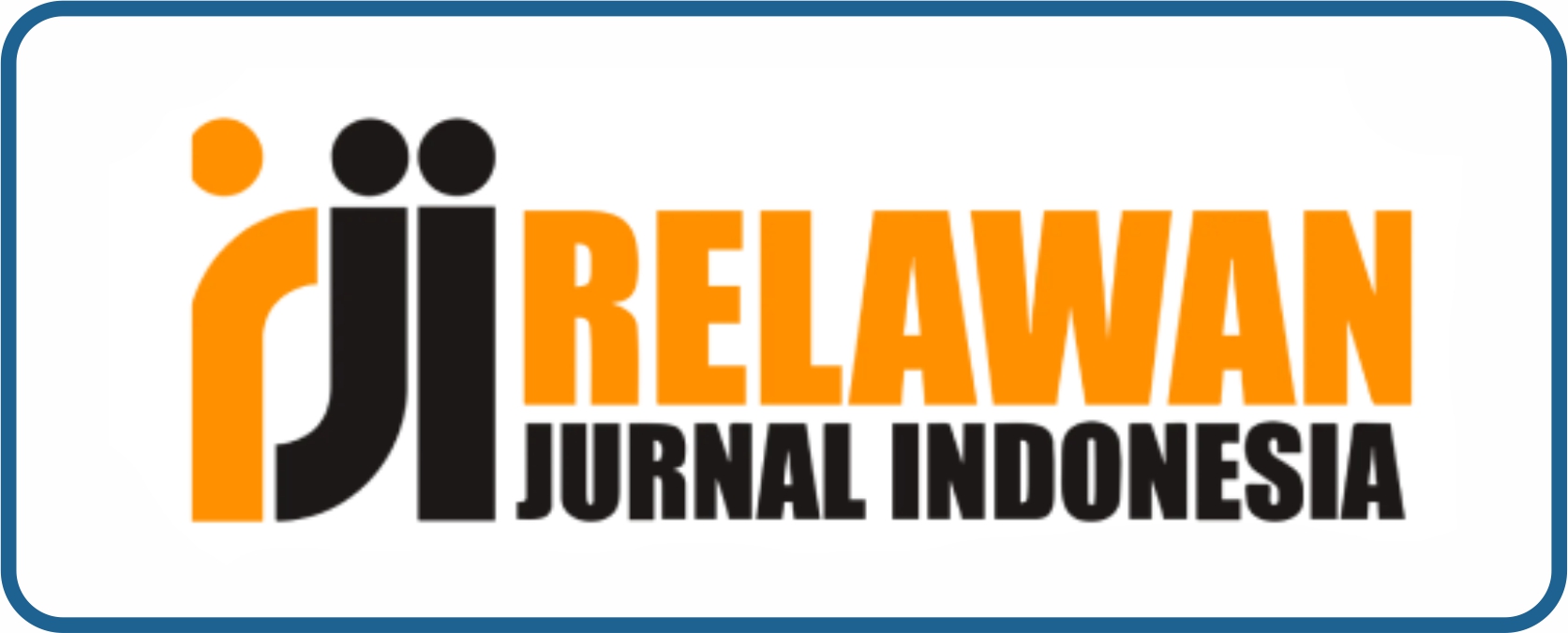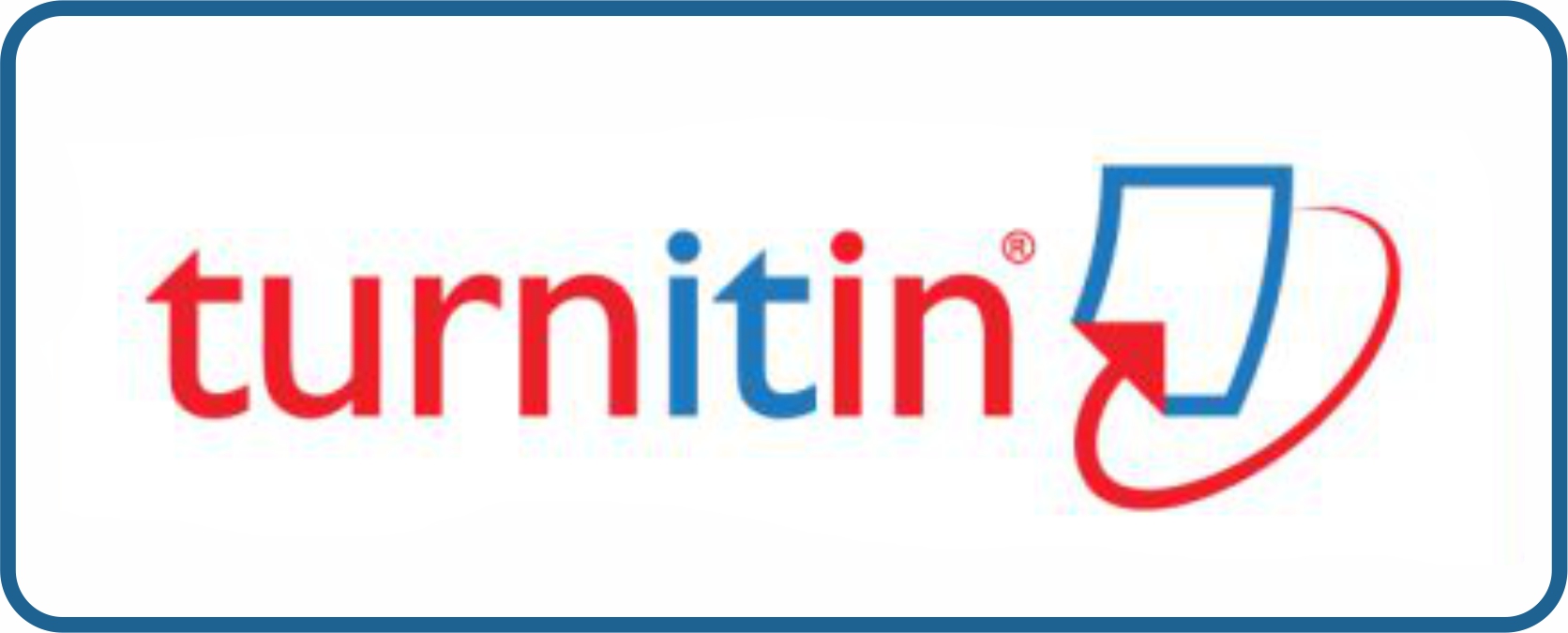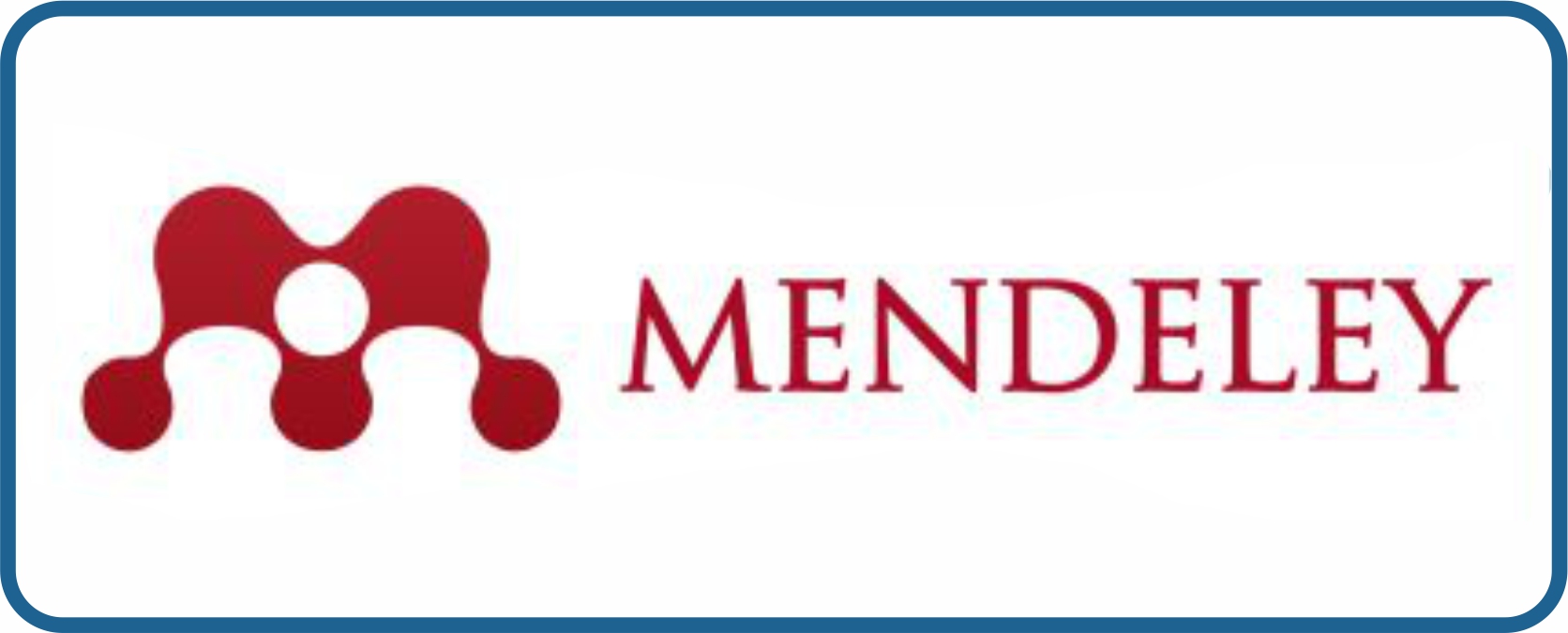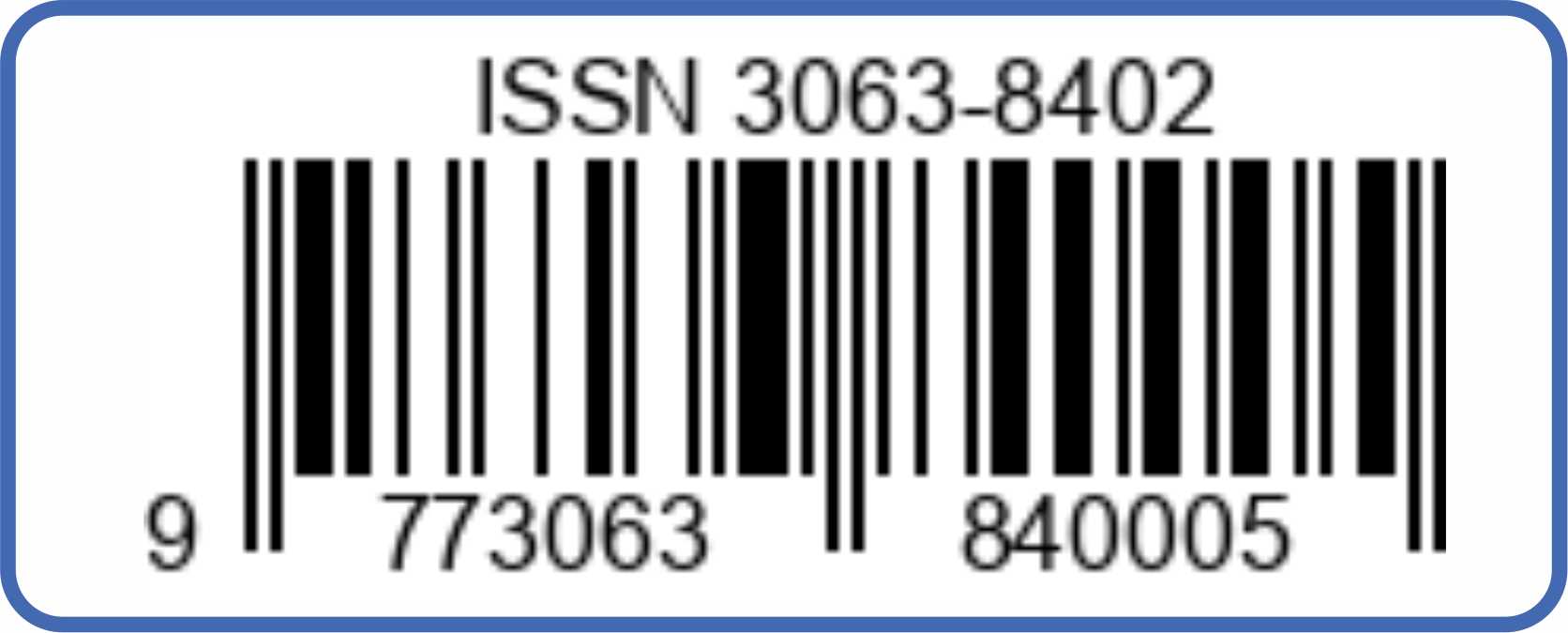Peluang, Tantangan, dan Strategi Peningkatan Literasi Wakaf di Kalangan Generasi Z
Opportunities, Challenges, and Strategies for Enhancing Waqf Literacy Among Z-Generation
Keywords:
Generation Z, literacy, waqf, technology, digitalAbstract
This study aims to identify the challenges and opportunities in efforts to enhance waqf literacy among Generation Z, as well as to formulate effective and relevant strategies for improving waqf literacy within this demographic. The research employs a qualitative method with a descriptive-analytical approach. The findings reveal that although waqf literacy among Generation Z is still low, there are significant opportunities through the potential of Generation Z as drivers of waqf, their interest in social issues, openness to innovation and new technologies, support from educational institutions and communities, and their ability to collaborate and network. However, there are substantial challenges, including the low level of understanding of waqf among Generation Z, information gaps on digital platforms, the perception that waqf is only for the wealthy, a lack of application models that align with Generation Z’s lifestyle, and limited access and participation in waqf programs. Therefore, the strategies formulated must address these challenges while leveraging existing opportunities through educational campaigns on digital and social media, changing perceptions about waqf, using digital platforms to facilitate waqf participation, and collaborating with influencers and public figures. The implications of this research suggest that the right approach in conveying information and education about waqf can increase Generation Z’s participation in waqf activities, ultimately supporting the sustainability of waqf as a social financial instrument in the future.
Downloads
References
Agung, Deatri Arumsari, Monica Adjeng Erwita, Dirgantara Dahana Mokoginta, Gesti Memarista, Aldo Hardi Sancoko, Andy Pratama Sulistyo, Natalia Kristina, Alpi Mawasti, and Visi Saujaningati Kristyanto. “Community Engagement For Development: Gen Z as The Agent of Innovation to Achieve SDGs.” PeKA: Jurnal Pengabdian Kepada Masyarakat 5, no. 2 (2022): 159–70.
Auliya, Nur Hikmatul, Helmina Andriani, Roushandy Asri Fardani, Jumari Ustiawaty, Evi Fatmi Utami, Dhika Juliana Sukmana, and Ria Rahmatul Istiqomah. Metode Penelitian Kualitatif & Kuantitatif. CV. Pustaka Ilmu, 2020.
Badan Wakaf Indonesia (BWI). “Menelisik Manfaat Potensi Wakaf Uang Untuk Bantu Kaum Dhuafa,” 2021. https://www.bwi.go.id/5926/2021/02/05/menelisik-manfaat-potensi-wakaf-uang-untuk-bantu-kaum-dhuafa/.
Burge, Ryan P. “Gen Z and Religion in 2021.” Religioninpublic. Blog. Last Modified, 2022.
KNEKS (Komite Nasional Ekonomi dan Keuangan Syariah). “Policy Brief: Business Process Re-Engineering Wakaf Uang.” Jakarta, 2024.
Mulyadi, Seto, A. M. Heru Basuki, and Hendro Prabowo. Metode Penelitian Kualitatif Dan Mixed Method. Cet. I. Depok: PT. RajaGrafindo Persada, 2019.
Nursjanti, Farida, Lia Amaliawiati, and Eristy Minda Utami. “Peningkatan Literasi Keuangan Syariah Bagi Milenial Dan Gen Z Di Jawa Barat.” Madaniya 4, no. 1 (2023): 54–67.
Rahmah, Nurul Faizah. “Manajemen Pengembangan Wakaf Era Digital Dalam Mengoptimalkan Potensi Wakaf.” Al-Awqaf: Jurnal Wakaf Dan Ekonomi Islam 14, no. 2 (2021): 139–54.
Serbanescu, Anca. “Millennials and the Gen Z in the Era of Social Media.” Social Media, Technology, and New Generations: Digital Millennial Generation and Generation Z 61 (2022).
Soleh, Muhammad, and Irfan Kuncoro. “Menggali Budaya Baru Dan Implikasinya Bagi Keagamaan Gen-Z: Perspektif Sosiologi Dan Antropologi Masyarakat Di Era Kontemporer.” Al Irsyad: Jurnal Studi Islam 2, no. 2 (2023): 83–92.
Sugiyono, P D. “Metode Penelitian Bisnis: Pendekatan Kuantitatif, Kualitatif, Kombinasi, Dan R&D.” Penerbit CV. Alfabeta: Bandung, 2017. https://elibrary.bsi.ac.id/readbook/206060/metode-penelitian-kuantitatif-kualitatif-dan-r-d.html.
Sup, Devid Frastiawan Amir. “Wakaf Kontemporer Di Indonesia Dalam Perspektif Hukum Dan Fatwa.” Jurnal Hukum Ekonomi Syariah 4, no. 2 (2021): 237–56. doi:http://dx.doi.org/10.30595/jhes.v4i2.11093.
Downloads
Published
How to Cite
Issue
Section
License
Copyright (c) 2024 Azwar Azwar

This work is licensed under a Creative Commons Attribution-NonCommercial-ShareAlike 4.0 International License.





